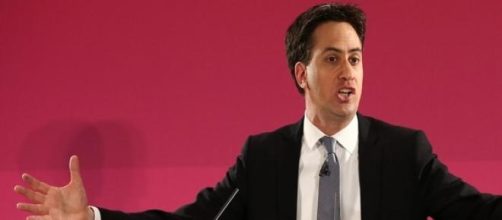The Labour Party leader, Ed Miliband, ruled out the possibility of forming a coalition with the Scottish National Party, after the general election on May 6th. He dismissed today, in a speech delivered in Pudsey, West Yorkshire, claims by the Conservative Party that he wanted to build a coalition with an anti-unionist party, as simply “scare-mongering” and guaranteed that such an alliance was “nonsense” and “will not happen”. He made his position clear by adding that “there will be no SNP ministers in any government I lead”.
The Conservative Party reacted with a statement saying that Ed Miliband’s speech had been carefully
The Scottish National Party first minister, Nicola Sturgeon, reacted by saying that Ed Miliband’s statement today “doesn’t change anything” and simply dismissed a possibility that “no one proposed”. She added that a formal coalition between Labour and the SNP was not her preference either but she still believes that the SNP and Labour should “work together to keep the Tories out of government”.
The SNP’s First Minister had previously said that in case her party held the balance of power in Westminster, after the general election, they “would never support or form an alliance with the Tories” and that a coalition with Labour would be “highly unlikely” but she wouldn’t rule out the possibility of “a loose agreement” to support a Labour led-government.
The latest polls by Lord Ashcroft revealed that the SNP could win as much as 56 of Scotland’s 59 parliamentary seats in May. Such a landslide victory could make the SNP one of the political forces that would hold the balance of power, in case of a hung parliament, along with the Lib Dems and UKIP. Commenting on the possibility of holding the balance of power in Westminster, Nicola Sturgeon has also guaranteed, in a speech at the London School of Economics, that her party would strive to be “a constructive force” and help bring positive change not only to Scotland but also across the Union.

